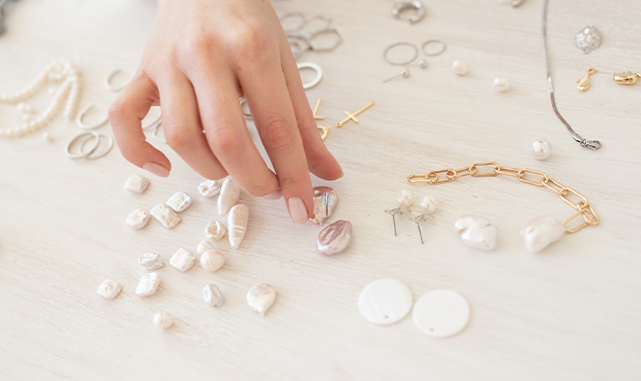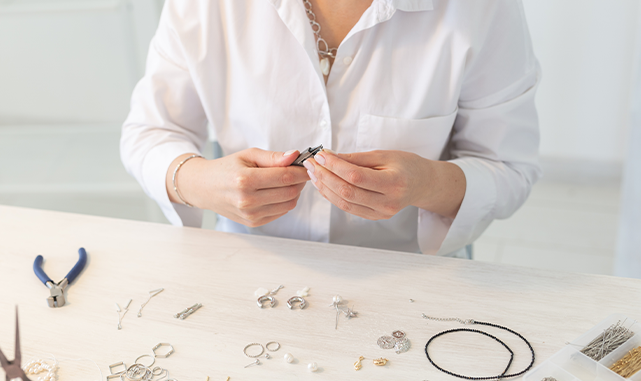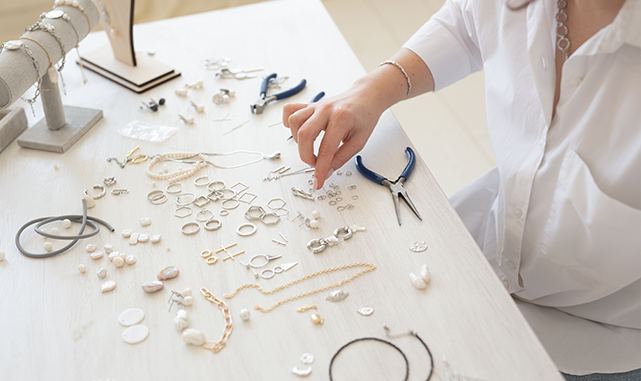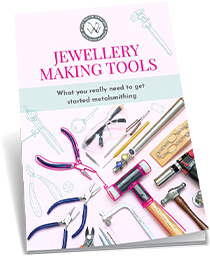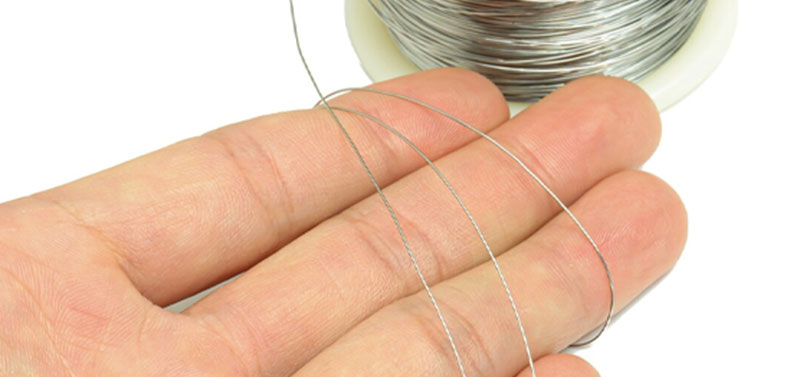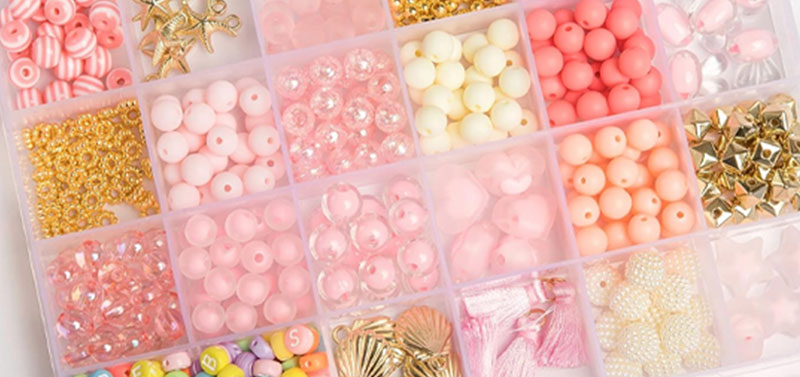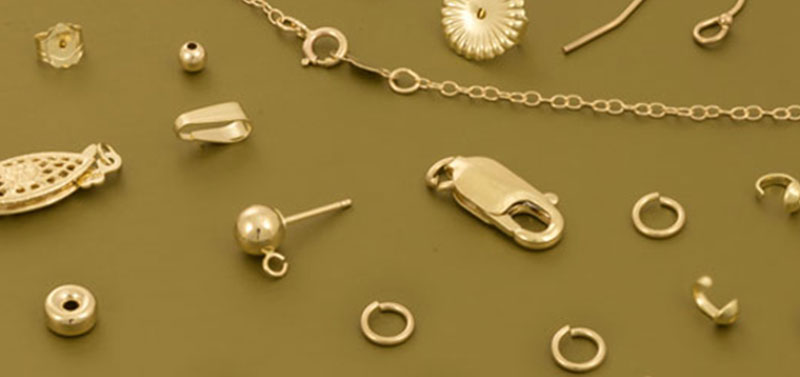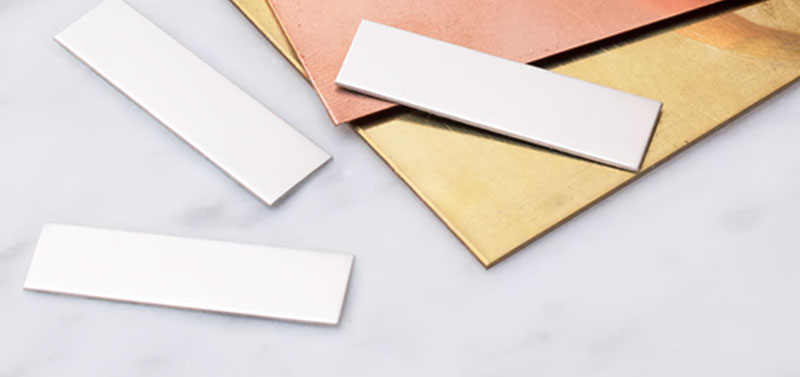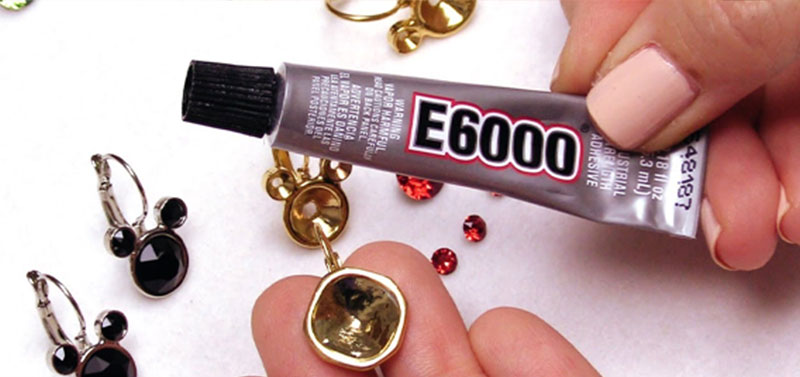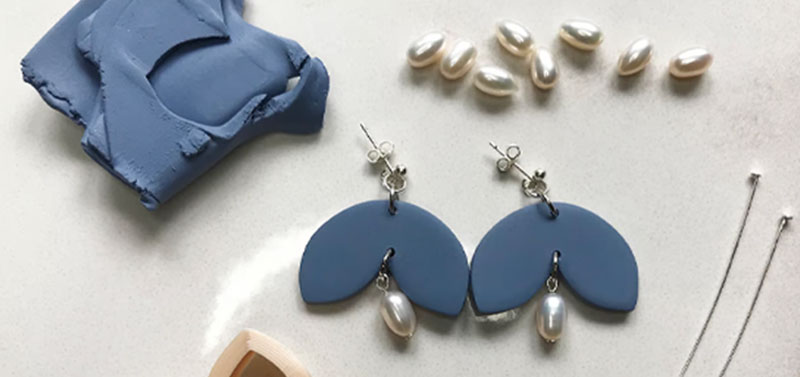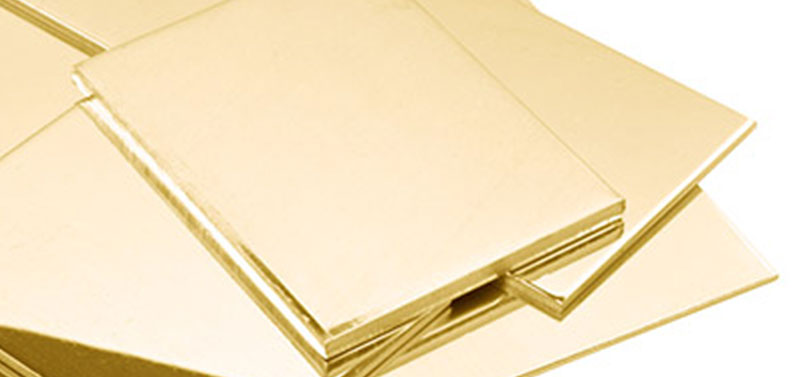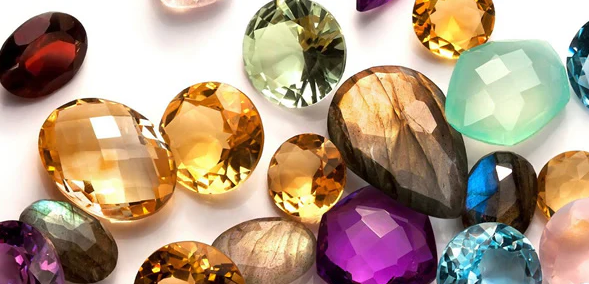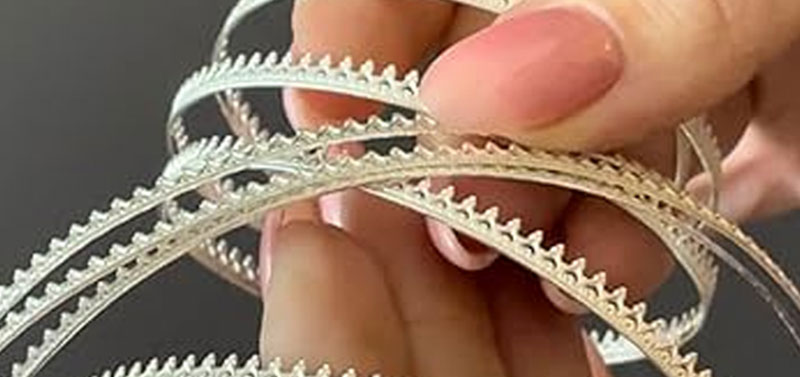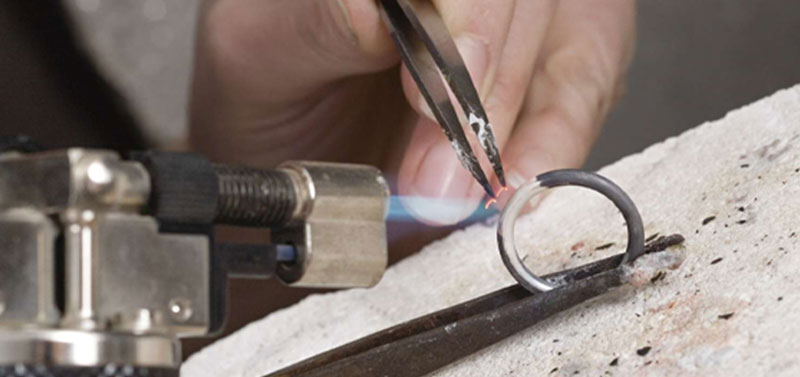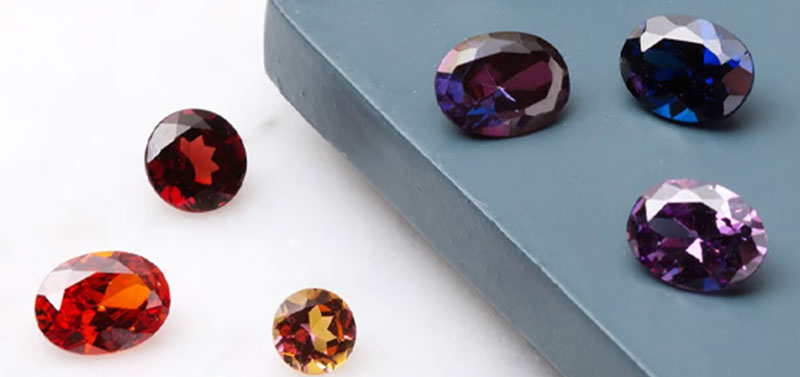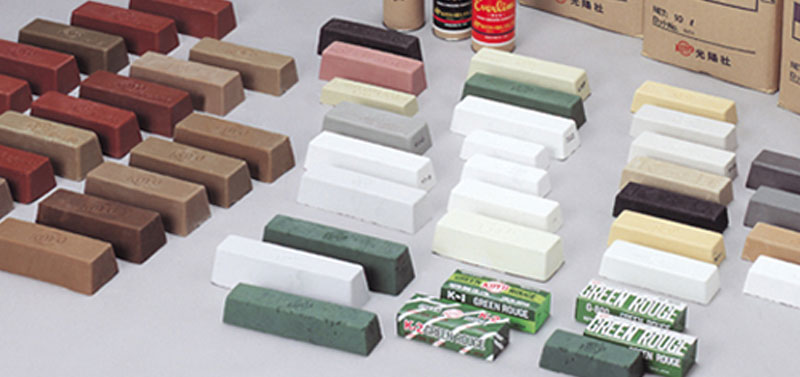A Guide to Essential Jewelry
Making Supplies
Jewelry making starts with the right materials and are the foundation of every beautiful piece you create. Whether you’re just starting out or have been making jewelry for years, the materials you choose can make all the difference in how your designs look, feel, and last. In this guide, we’ll walk you through the must-have materials for your jewelry making journey, from gemstones, to beads, to soldering supplies and more. Plus, we’ll share tips on what to look for and pick the right materials to bring your ideas to life.
You’ve Got the Materials Covered, but What About Your Tools?
These free resources will help you create the perfect toolkit for your projects
What Jewelry Making Supplies
Do You Need to Get Started?
The supplies you need will depend on the type of jewelry you want to create. Are you drawn to intricate beadwork, sculpting with clay, or working with metals? Each approach requires its own set of essentials. While jewelry making can take some upfront investment, it’s all worth it – because it’s such a rewarding craft that grows with you over time! The key is to start small, and focus on the materials you really need, before expanding your collection as your creativity and confidence take shape.
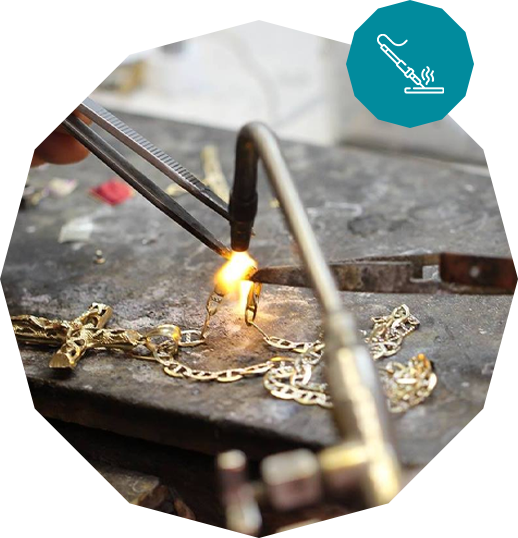
Stocking Up on Supplies For Your jewelry
Projects Doesn’t Have to Break the Bank
Getting started can be an investment, but it doesn’t require you to splurge on everything at once. By focusing on the essentials and planning thoughtfully, you can build a versatile supply collection without overspending. Here’s some tips to help you save money on jewelry making supplies:
The Best Supplies for
Beginner Jewelers
Starting your jewelry-making journey is easier with the right supplies. For beginners, it’s best to focus on versatile materials and tools that cover a range of projects. Here are some essentials to get you started:
These supplies will help you create a variety of projects while learning the basics. As you grow more confident, you can expand your collection to include more specialized materials!
Advanced Jewelry Making
Supplies for Skilled Creators
As your skills grow, upgrading to advanced supplies can open up new possibilities for your designs. These materials and tools allow for greater precision, more intricate details, and professional-quality finishes. Here are some advanced jewelry-making supplies to consider:
Advanced supplies give you the freedom to experiment with new techniques, expand your repertoire, and create truly one-of-a-kind designs.
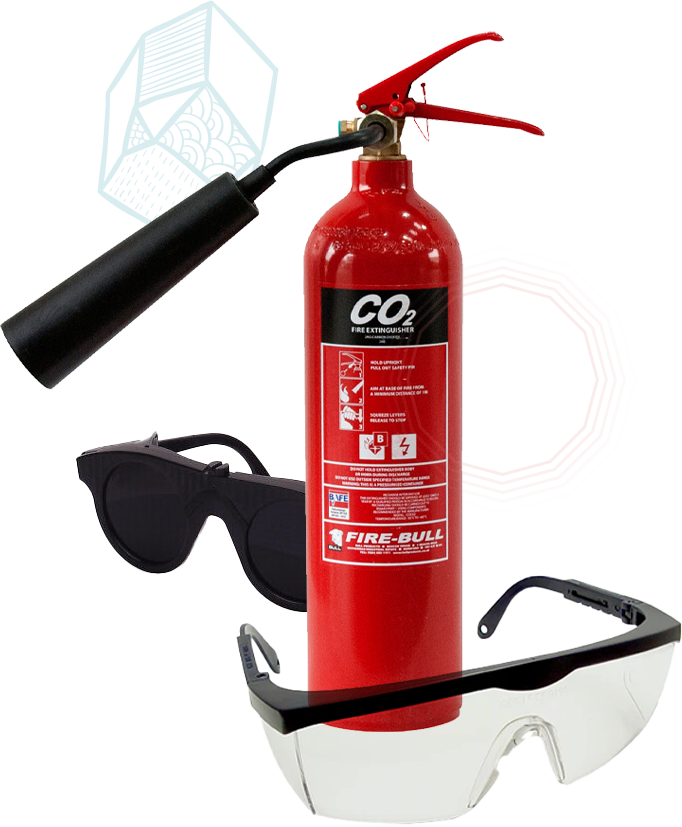
Top Safety Tips When
Making Jewelry
Safety is essential when working with jewelry-making materials to protect yourself and your workspace. Be sure to always wear protective gear like safety glasses, gloves, and a dust mask, especially when cutting, soldering, or handling chemicals.
You’re also going to want to work in a well-ventilated area, and use a respirator if needed. Follow the manufacturer’s guidelines for chemicals, and store them in labeled containers away from heat. Handle sharp tools with pliers or tweezers, not your hands, and keep your work surface stable. Keep flammable materials away from heat, and dispose of waste properly.
By following these steps, you’ll create a safer, more enjoyable workspace for your projects.
Where to Buy Jewelry Making Supplies
Finding the right place to purchase jewelry-making supplies is key to starting your projects. Whether you prefer shopping online or browsing in-person, there are plenty of options available to suit your needs.
Hot Tip: If you’re new to jewelry-making, visiting a local store can be a great way to get advice and see materials firsthand. For more specific or professional items, online stores offer a broader selection and often better prices.
How to Store Jewelry
Making Supplies
Proper storage of your jewelry-making supplies is essential for keeping your materials organized, easily accessible, and in good condition. Here are some tips to help you store your supplies effectively:
By organizing your jewelry-making supplies with these storage solutions, you’ll keep everything in order, save time, and ensure your materials stay in top shape for your next project.
FAQs About Jewelry Making
Materials and Supplies
